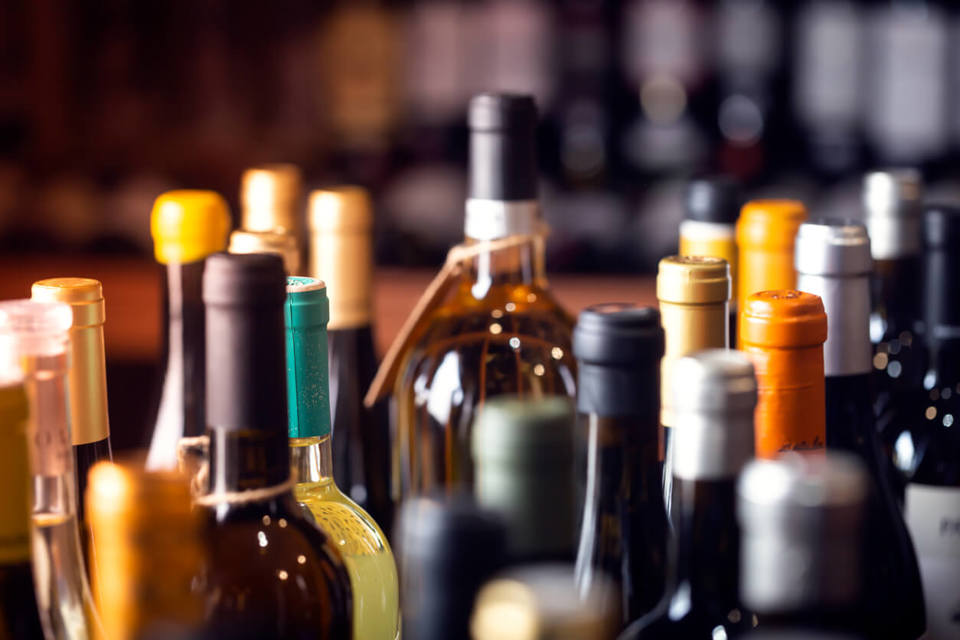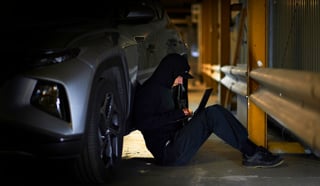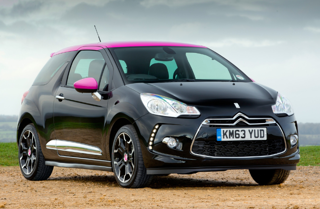For company drivers, the issue of drink-driving is a touchy subject. We asked how fleet managers should set their policies and how they should handle anyone found over the limit the morning after.
What policies do you have in place to deal with morning-after drink-drivers?
Phil Clifford, fleet and technical manager, St Edmundsbury Borough Council: We have a drugs and alcohol policy in place that covers all cases of drivers being over the limit.
Amanda Fitzpatrick, fleet manager, Johnson & Johnson: Although we have a drug and alcohol policy in place, it does not differentiate the time of day.
Roslyn Cumming, professional engagement manager, Brake: As a road safety charity that deals first-hand with the devastation risky driving can cause, Brake recommends that company policy should take a zero tolerance approach to the presence of any impairing substances in a driver’s system, including alcohol.
This includes morning-after drink-driving, particularly because at-work drivers have been shown to be a high-risk group. According to the Green Flag Report on Safe Driving, 33% of at-work drivers admit driving first thing after having drunk a lot of alcohol the night before.
Do you use breathalysers on your drivers?
Phil Clifford We use testing equipment supplied by Screensafe UK and all testers are trained to the required standard. Legal issues include ensuring the paperwork is filled in correctly; to help with this we use an official script.
Amanda Fitzpatrick While this might apply in manufacturing environments globally where local laws allow, it is not practical in the field.
All employees are required to comply with the drug and alcohol policy, supported by the grievance and disciplinary policy.
Roslyn Cumming Regular testing for alcohol, after consultation with employees, can be effective in identifying problems and in reinforcing the message that a company is serious about its zero tolerance policy.
Permission of the company to conduct random testing must be written into employees’ contracts, indicating how, and how often, it may take place.
However, if you suspect driver impairment you have the right to test for alcohol or drugs, even if this is not written into company policy or employee contracts.
Carrying out spot checks has been shown to work on a national scale; random testing for alcohol is endorsed by the EC through its 2003 recommendation on Traffic Law Enforcement.
What action would you take if someone was found to be over the drink-drive limit?
Phil Clifford Under causation, or a random test, the driver would be told to wait in the office and would be tested for alcohol and drugs. If he is found positive (we actually call this ‘non-negative’ until the lab confirms) the driver will be suspended pending further investigation.
Depending on the case, they may be allowed back to work in a non-driving capacity until a disciplinary hearing can take place.





















Login to comment
Comments
No comments have been made yet.